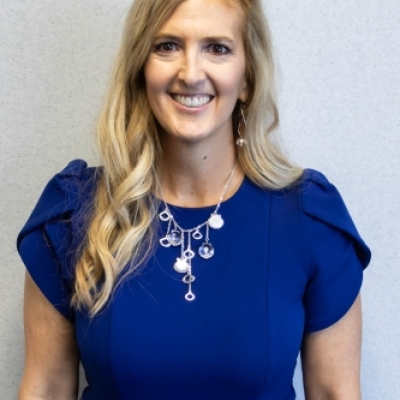A study conducted by two University of Virginia professors examines the effects of universal preschool in Florida on grade retention in the early elementary grades. Expanding state-supported preschool programs has been a big push nationally. In fact, the percentage of four-year-olds participating in such programs has more than doubled from 14 to 32 percent between 2002 and 2016.
In 2005, Florida introduced the Voluntary Pre-Kindergarten Program (VPK), a free universal preschool initiative, and as of 2015 the program serves more than three quarters of four-year-olds in the state. Overall, the program has been criticized for low funding levels and not meeting key indicators for quality (as deemed by the National Institute for Early Education Research)—but until now there’s been little to no empirical research examining the program’s impact.
Analysts study whether VPK led to drops in the likelihood that children would be retained between kindergarten and third grade. They track eight cohorts of students, totaling 1.5 million, who enrolled in kindergarten for the first time between fall 2002 and fall 2009. The first four cohorts did not have access to VPK when they were four-year olds; the later four cohorts did. The cohorts are followed through their enrollment in third grade or through the 2011–12 school year, whichever occurs first. Since the program is voluntary, analysts employ a number of rigorous techniques to account for selection and various unobserved characteristics that could impact the comparability of the two groups.
The key finding is that VPK participation significantly reduces the likelihood that children will be held back in kindergarten, but this effect disappears or “fades out” by second grade. In other words, by the time students complete the second grade, there is no difference in the probability of having been retained at least once between VPK participants and non-participants. In short, the initial drop in retention rates is counteracted by increases in subsequent school years. That’s because, conditional on not having been previously retained, VPK participants were actually more likely to be retained in second grade compared to similar non-participants. Analysts hypothesize that, “participating in VPK helped children transition into kindergarten and the expectations of a formal classroom setting more smoothly” [but] “[i]t may be that the program was less effective preparing children for the academic demands of schools that are more relevant in second grade retention decisions.” Perhaps.
Add this to the growing number of studies that find “fade out” of preschool effects, including the big Head Start evaluation, as well as this study of Florida’s third grade retention policy. That’s not to say that preschool programs and interventions such as these don’t have benefits, such as improved non-cognitive skills, considering the respective evaluations of each are typically measuring a narrow set of outcomes. But it should serve as a call for researchers to design studies that can begin to explain why impacts on our youngest learners appear so short-lived.
SOURCE: Luke C. Miller and Daphna Bassok, “The Effects of Universal Preschool on Grade Retention,” Education Finance and Policy (September 2017).
